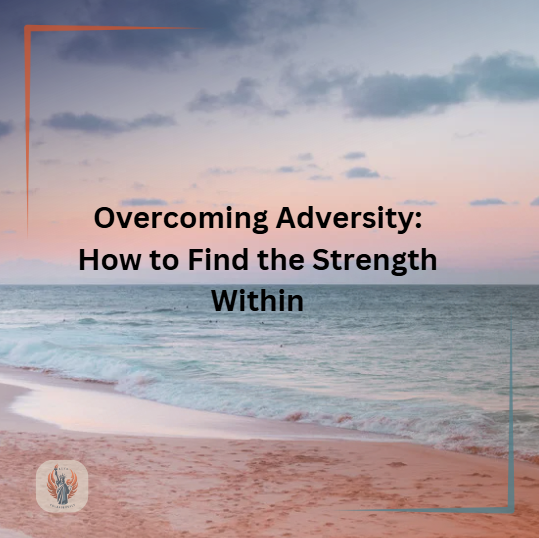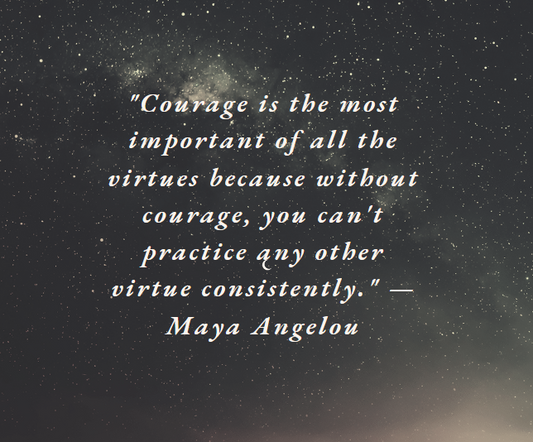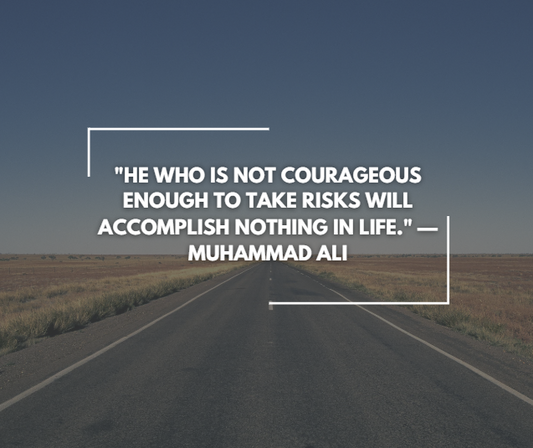Adversity is an inevitable part of life. Whether it comes in the form of personal loss, professional setbacks, health challenges, or unexpected hardships, everyone encounters obstacles that test their resilience and determination. While adversity can be overwhelming, it also presents an opportunity for growth and self-discovery. The key to overcoming adversity lies in finding the strength within, tapping into our inner resources, and emerging from challenges stronger than before.
Embracing a Growth Mindset
The first step in overcoming adversity is to adopt a growth mindset. This mindset, a concept popularized by psychologist Carol Dweck, is the belief that abilities and intelligence can be developed through effort, learning, and perseverance. Instead of viewing challenges as insurmountable obstacles, a growth mindset encourages us to see them as opportunities to learn and grow. When faced with adversity, those with a growth mindset are more likely to persist, experiment with new strategies, and ultimately find solutions to their problems.
Cultivating a growth mindset involves shifting our perspective on failure. Instead of fearing failure or seeing it as a sign of inadequacy, we can view it as a valuable teacher. Every setback provides feedback, highlighting areas for improvement and offering lessons that can be applied in the future. By embracing challenges and learning from failures, we build the resilience needed to overcome adversity.
Building Resilience Through Self-Compassion
Resilience is the ability to bounce back from difficulties, and self-compassion plays a crucial role in developing this trait. Self-compassion involves treating ourselves with the same kindness, understanding, and support that we would offer a friend in distress. When facing adversity, it’s easy to fall into self-criticism, blaming ourselves for our misfortunes or perceived shortcomings. However, this negative self-talk only deepens our emotional wounds and weakens our resolve.
Practicing self-compassion allows us to acknowledge our pain without judgment. It enables us to recognize that suffering is a universal human experience, and that it’s okay to struggle. By being gentle with ourselves during tough times, we create a supportive inner environment that fosters healing and recovery. This, in turn, strengthens our ability to face adversity with courage and determination.
Drawing Strength from Purpose
Finding meaning and purpose in adversity can be a powerful source of strength. Viktor Frankl, a Holocaust survivor and psychiatrist, famously wrote that "those who have a 'why' to live, can bear with almost any 'how.'" When we connect our struggles to a higher purpose or a deeply held value, we gain the motivation to persevere through even the most challenging circumstances.
Purpose can take many forms. It might be a commitment to loved ones, a dedication to personal growth, or a desire to contribute to a cause greater than ourselves. By identifying and focusing on our purpose, we can transform adversity into a catalyst for positive change. Purpose gives us direction, fuels our determination, and provides a sense of fulfillment even in the face of hardship.
Seeking Support and Connection
Overcoming adversity doesn’t mean going it alone. Seeking support from others is a vital part of the process. Whether it’s friends, family, mentors, or support groups, connecting with others provides emotional comfort, practical advice, and a reminder that we are not alone in our struggles. Sharing our experiences with trusted individuals can lighten our emotional burden and offer new perspectives on how to navigate challenges.
Additionally, helping others who are going through similar difficulties can be empowering. It not only reinforces our own resilience but also creates a sense of community and shared strength. By both giving and receiving support, we build a network of resilience that helps us overcome adversity together.
Adversity is a part of life, but it doesn’t have to define us. By embracing a growth mindset, practicing self-compassion, finding purpose, and seeking support, we can discover the strength within to overcome any challenge. These inner resources enable us to face difficulties with resilience and grace, emerging not only unbroken but also transformed by the experience.





